Chinese officials consider selling TikTok US to Elon Musk, Bloomberg reports
Chinese Officials Consider Selling TikTok US to Elon Musk, Bloomberg Reports: What This Could Mean for the Future of Social Media
In a development that is making waves across the tech and social media industries, Chinese officials are reportedly considering the sale of TikTok’s U.S. operations to none other than Elon Musk, according to a recent report by Bloomberg. This potential move has sparked a firestorm of speculation, with experts, industry insiders, and social media users alike questioning the implications it could have on the future of TikTok, the U.S. social media landscape, and even international relations.
In this post, we’ll break down what we know so far, what this potential sale could mean for TikTok users, and how Elon Musk could reshape the platform’s future if the deal goes through.
What We Know About the TikTok Sale Proposal
According to Bloomberg‘s report, discussions have been ongoing between Chinese officials and potential buyers about the possibility of offloading TikTok’s U.S. operations. While no official deal has been made as of yet, the involvement of high-profile figures like Elon Musk raises the stakes and makes this a development worth closely monitoring.
As the CEO of Tesla and SpaceX, and the owner of Twitter (now rebranded as X), Musk has already made headlines for his controversial decisions and approach to business. His involvement in a TikTok sale could signal a major shift in the social media landscape, particularly when it comes to the ownership and control of apps that hold massive global influence.
For context, TikTok has faced intense scrutiny from the U.S. government over concerns about its data privacy practices and the potential for Chinese government influence. Former U.S. President Donald Trump sought to ban the app, while current President Joe Biden has continued to express concerns about its security risks. As a result, TikTok has long been caught in a geopolitical crossfire, and the idea of selling its U.S. arm to a private entity like Musk could be seen as a way to resolve these tensions.
What Could an Elon Musk Purchase Mean for TikTok?
If the deal were to go through and Elon Musk became the owner of TikTok’s U.S. operations, several significant changes could be on the horizon. Let’s take a look at the potential impacts.
Changes to TikTok’s Content Moderation and Algorithms
Elon Musk is known for his hands-off approach to content moderation on platforms he controls, particularly Twitter (X). Musk’s stance on free speech and less restrictive content policies could have a profound impact on TikTok’s content moderation strategies in the U.S. TikTok currently enforces strict community guidelines to prevent the spread of harmful content, including hate speech and misinformation.
However, Musk has suggested in the past that social media platforms should be more permissive with content unless it is illegal, which could lead to a shift in how TikTok manages its user-generated content. Users could see changes in the types of videos that are allowed to stay on the platform and the types of discussions that are permitted. This could lead to greater freedom of expression on TikTok but might also raise concerns about the platform’s ability to curb harmful content.
Increased Integration with Other Musk-Owned Platforms
Musk’s vision for his business empire revolves around creating synergies between his various companies, including Tesla, SpaceX, and Twitter (X). If he acquires TikTok, there could be increased integration between the app and his other ventures. For instance, we could see TikTok users being able to share videos seamlessly on Twitter, or even the introduction of new features that merge aspects of the two platforms.
The fusion of Tesla’s innovative technologies with TikTok’s social media experience could also pave the way for new functionalities. Imagine augmented reality (AR) features for TikTok users driving Tesla cars, or exclusive TikTok content for Tesla owners. While speculative, these types of integrations could unlock new revenue streams and help Musk stay ahead of the competition.
User Privacy and Data Collection
One of the major concerns surrounding TikTok has always been its data privacy practices. Given that TikTok’s parent company, ByteDance, is based in China, U.S. lawmakers have raised alarms about the potential for the Chinese government to access American users’ data. If Musk were to acquire TikTok’s U.S. operations, it’s unclear how the platform would handle these data privacy concerns.
Musk has been vocal about his commitment to user privacy, especially with Twitter, where he has expressed a desire to limit the amount of personal data collected. Whether Musk would apply similar principles to TikTok is yet to be seen, but such a shift could provide some relief to U.S. users who are wary of data collection practices.
A New Direction for TikTok’s Business Model
Musk has shown a keen interest in diversifying his business models, and this could mean a significant overhaul of TikTok’s current revenue streams. The app’s current business model relies heavily on advertising, with brands paying for placements on the platform. Under Musk’s leadership, we could see TikTok experimenting with new revenue-generating strategies.
For instance, TikTok might lean into subscription-based models, premium features, or monetization options for content creators that offer more direct revenue streams. Given Musk’s track record of disrupting industries, such changes could reshape the digital advertising ecosystem and even give rise to new forms of influencer marketing.
Potential Political and International Ramifications
A sale of TikTok’s U.S. operations to a high-profile entrepreneur like Elon Musk could also have significant political and international consequences. On one hand, the move could ease tensions between the U.S. and China over TikTok’s operations, as it would distance the app from its Chinese parent company, ByteDance. However, it could also lead to new diplomatic challenges as both governments would likely scrutinize the implications of a private American billionaire owning one of the most popular social media platforms in the world.
In addition, there is the question of whether Musk’s acquisition would meet U.S. regulatory approval. Given his ownership of Twitter and his high-profile status, his involvement in the acquisition would almost certainly draw attention from antitrust authorities and other regulators concerned with the consolidation of media power.
The Future of TikTok and the Social Media Landscape
The potential sale of TikTok’s U.S. operations to Elon Musk is a story that is far from over. Whether or not the deal goes through, it is clear that the future of social media is at a crossroads. With major players like Musk, TikTok, and government regulators involved, the landscape of digital communication, entertainment, and business could undergo dramatic changes in the coming years.
Whether this sale will ultimately happen is still unclear, but one thing is certain: It’s a development that will be closely watched by tech enthusiasts, policymakers, and social media users alike.
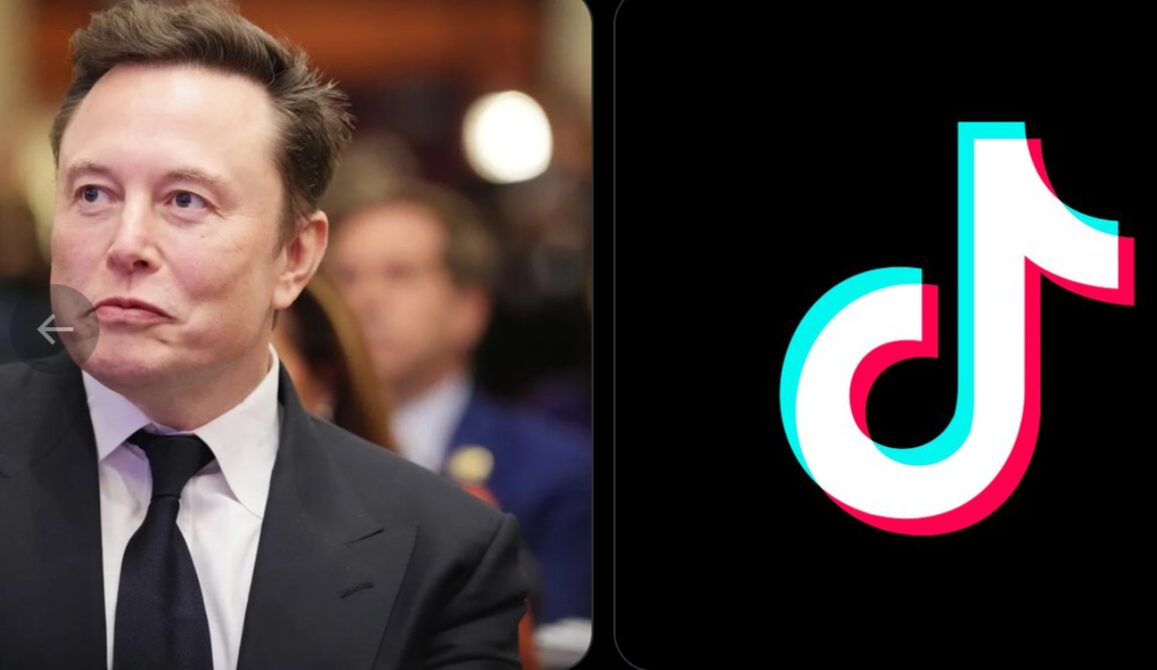

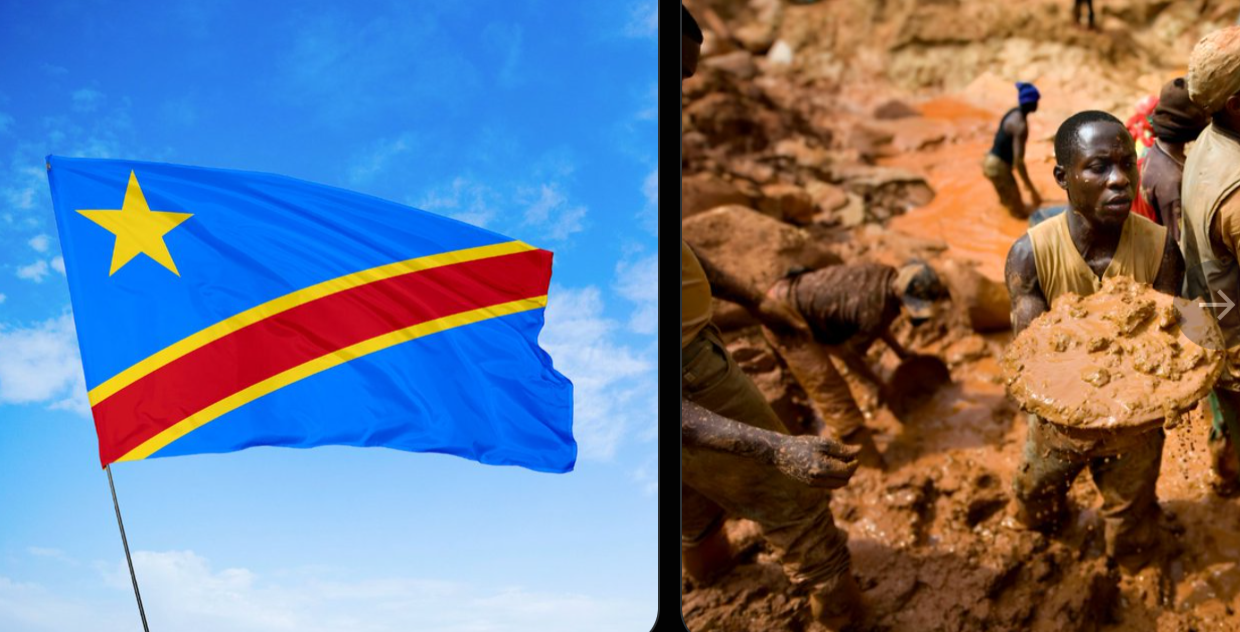

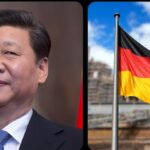
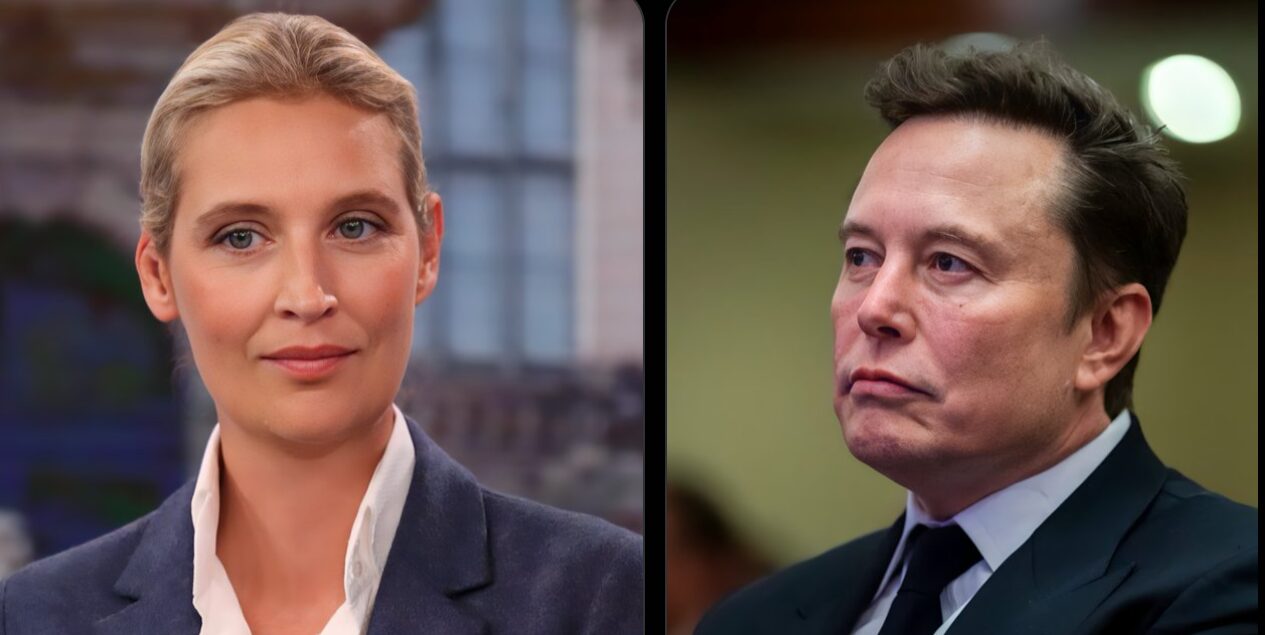
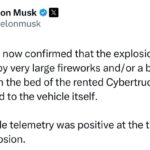










Post Comment